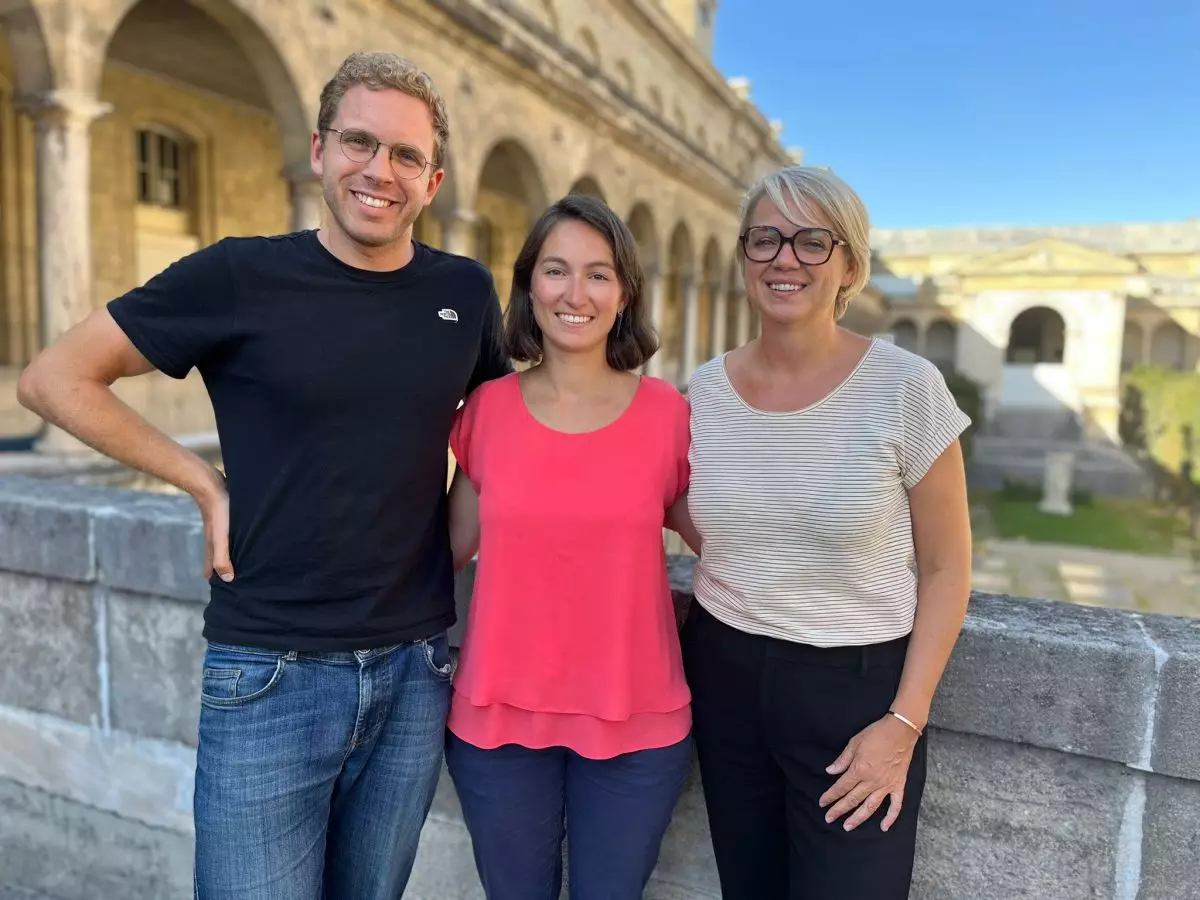The prevalence of cancer continues to escalate, particularly among younger populations, igniting urgent discussions concerning the efficacy of drug development processes. While the landscape of clinical trials is seemingly dominated by setbacks—most newly formulated drug candidates stumble before reaching the market—there are voices advocating for systemic changes in the trial methodologies. Among them is Fanny Jaulin, a visionary entrepreneur in the oncology realm, who posits that the failing of new drugs in clinical trials does not necessarily reflect their potential therapeutic value.
Jaulin asserts that a significant factor contributing to the high failure rate of drugs is the suboptimal design of clinical trials. Many drug candidates that fall short in these trials may possess viable therapeutic capabilities but are misaligned with the rigid, traditional testing frameworks. She emphasizes that innovative approaches are pivotal, especially in oncology fields where advancements have stagnated for decades. The need to revolutionize the evaluation process for new cancer drugs underpins her mission with Orakl Oncology, a startup she co-founded in 2023.
Orakl Oncology uniquely harnesses the power of artificial intelligence (AI) to tackle the inherent complexities of cancer. However, Jaulin is quick to acknowledge the ubiquity of AI in drug discovery, suggesting that it has become a basic expectation within the industry. What sets Orakl apart is its dual-focus approach that merges data analytics with biological insights, a strategy that distinguishes it from many existing competitors that might specialize in only one domain.
This synergy enables Orakl to develop more comprehensive models for understanding patient-specific responses to drugs. By combining real patient data with biological material, Orakl is pioneering a ‘hybrid’ approach to simulate the diverse landscape of tumor biology effectively. Their current methodology involves the use of organoids—tiny, simplified structures that represent their full-sized organ counterparts. This innovative technology is crucial for conducting trials that reflect the complexities of human cancer more accurately.
At the heart of Orakl’s operational model is a robust data framework. Currently, the startup examines approximately 40 distinct variables per patient, allowing for nuanced insights into how different individuals respond to treatment. Despite having a smaller database compared to industry giants, the emphasis on detailed and personalized data collection presents a foundation for significant insights, particularly focusing on colorectal and pancreatic cancers, which are known for their notoriously poor prognoses.
The startup is poised to launch two key products: O-Predict, which provides forecasts on patient responses to drug candidates, and O-Validate, which analyzes the effectiveness of treatments in a reverse manner. This innovative product suite can cater to a broad spectrum of clients—from drug developers seeking precise analytics to biotech firms focused on data-driven methodologies.
Recently, Orakl Oncology has secured significant funding, amounting to nearly €15 million, through various financing rounds including a recent seed funding initiative led by the European VC fund Singular. The funding landscape includes noteworthy non-dilutive grants from Bpifrance, an initiative that reflects the belief in Orakl’s vision. The capital will primarily target the establishment of a commercial team to propel contract acquisitions, underscoring a strategic commitment to market development as fundamental to the company’s growth trajectory.
Jaulin’s venture into entrepreneurship stems not merely from a need to raise capital but from a deep-rooted passion for transforming cancer treatment paradigms. She exemplifies a growing cohort of innovators striving to rectify the industry’s longstanding challenges with fresh insights, reflecting a dedication to ushering in a new era of effective cancer therapies.
As the incidence of cancer continues to rise alarmingly, the conversations surrounding drug development and clinical trial methodologies are pressing and necessary. The work spearheaded by companies like Orakl Oncology, which aims at intertwining data with biological realities, offers optimism amid the tumultuous landscape of cancer research. Embracing new technologies and business models could be vital in reversing the concerning trend of ineffective cancer treatments and ensuring that the voices and experiences of patients drive innovation in the field. In an era that requires rethinking how we approach cancer treatment, Fanny Jaulin and her team exemplify the potential for change, paving the way for a brighter future in oncology.

